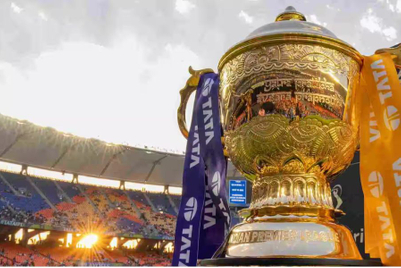
CATEGORY ANALYSIS: SPORTS PROPERTIES
For all the diversity of cultures, languages, interests and expectations across Asia-Pacific, when it comes to sports there continues to be a clear consensus champion in Asia’s Top 1000 Brands 2019: football.
How else to explain the FIFA World Cup as the highest-ranking sports franchise once again, at 54th position this year, followed by the English Premier League (EPL) in the 101st spot? Clearly the fact that 2018 saw a hugely successful World Cup in Russia was a massive boon to FIFA, elevating it six places above its 2018 ranking.
The FIFA World Cup is the most popular sports franchise in seven APAC nations, something which no other sport comes close to and which is remarkable given it is a quadrennial event. Even the EPL is a distant second, although its continued rise saw it this year overtake the US National Basketball Association (NBA), which dropped 11 places from 2018 to 120th overall.
The EPL’s success in marketing itself to Asian fans has made a significant impression: More EPL clubs have Asian sponsors, and many now host off-season matches and invest in experiential activations in the region, driving even greater passion among fans who may have previously felt distant from the teams they follow.

Other football leagues are growing in popularity in APAC, but Germany’s Bundesliga (431st) and Spain’s La Liga (739th) remain lightyears behind the EPL in the rankings.
The NBA continues to have a solid following, particularly in China and the Philippines, which have long-running ties to the game, but also in Australia and Taiwan. The FIFA World Cup actually performed poorest in China in this year’s rankings, showing it is still struggling to reach a vast untapped potential audience. The EPL, however, whose clubs have made major efforts to attract Chinese brands and fans, is second in the country behind the NBA.
Formula 1 saw a 20-place increase in 2019, and Major League Baseball jumped 42 places. Both sports have made efforts over the years to appeal to Asian sports fans, whereas the US National Football League, the world’s richest sports league, dropped another 22 places to 511th overall, which is unsurprising as the league’s attention is almost entirely domestic.
The Indian Premier League cricket franchise fell 34 places this year to 613th, and perhaps worryingly wasn’t even the most popular sports franchise in India. That title went to FIFA (IPL was 2nd). It will also be interesting to see whether this year’s Rugby World Cup, the first in Asia being held in Japan later this year, will have any impact on next year’s Asia’s Top 1000 Brands. Currently there is no rugby union brand listed in any market.





.jpg&h=334&w=500&q=100&v=20250320&c=1)
.jpg&h=334&w=500&q=100&v=20250320&c=1)



.png&h=334&w=500&q=100&v=20250320&c=1)
.png&h=334&w=500&q=100&v=20250320&c=1)








